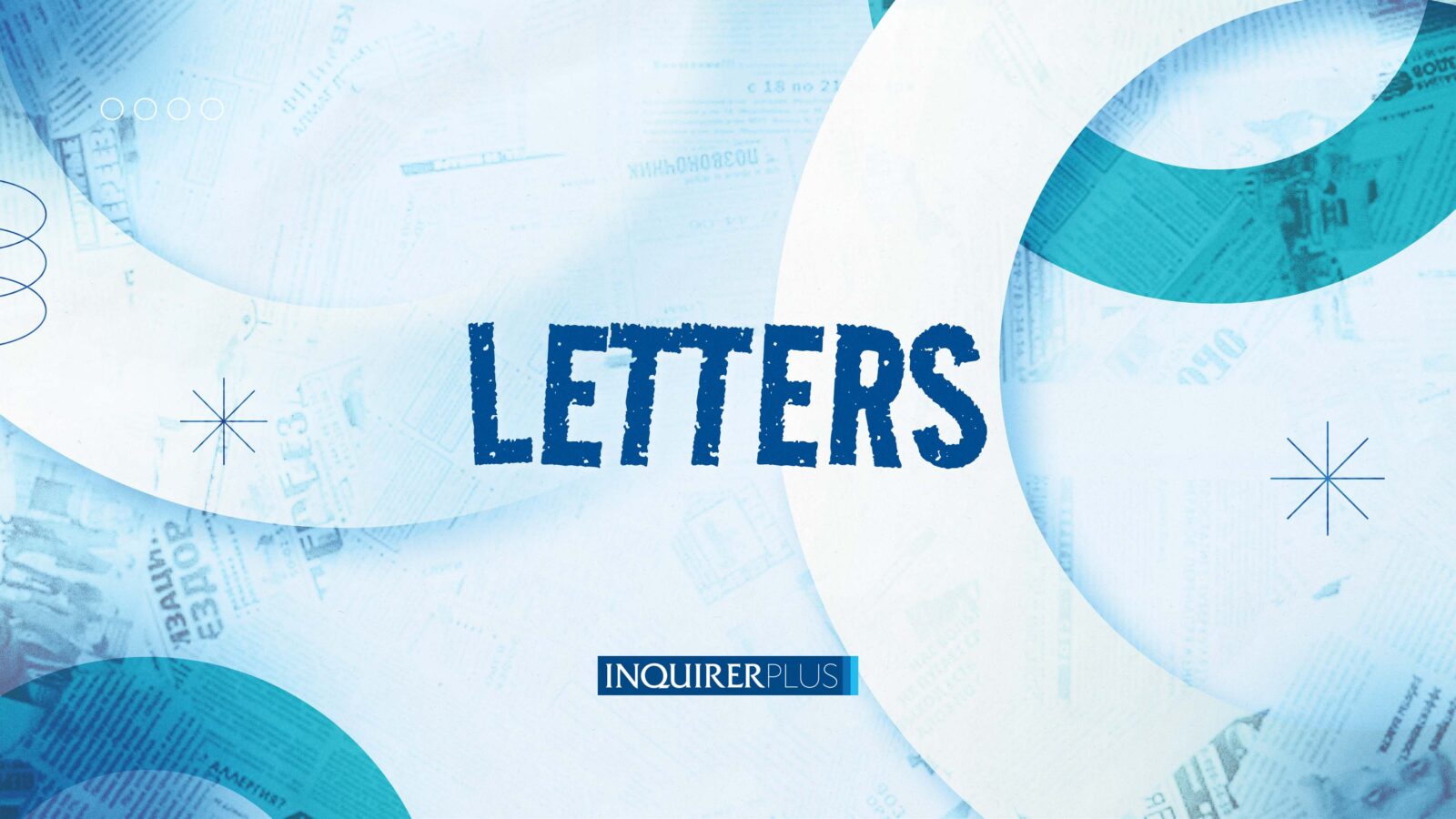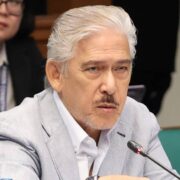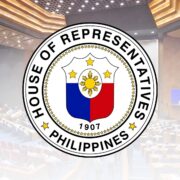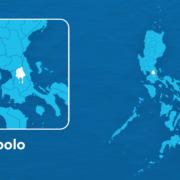Confronting the paradox of faith and corruption in the country

Our nation, predominantly Catholic and deeply rooted in Christian values, grapples with a pervasive problem that casts a long shadow over its national identity: rampant corruption. This stark contrast between professed faith and societal reality presents a profound paradox. We are a nation that sings hymns on Sundays, but engages in systemic dishonesty on Mondays.
A sociological analysis reveals the intricate societal structures that perpetuate corruption. Patronage politics, a deeply ingrained system of reciprocal favors and obligations, often transcends party lines and ideological differences. The “utang na loob” (debt of gratitude) deeply embedded in Filipino culture, though often positive in its intention, can be exploited to facilitate corrupt practices. Individuals feel obligated to repay favors, even if those favors involve unethical actions, creating a cycle of corruption that is difficult to break.
Inefficient and corrupt bureaucracies, coupled with a lack of transparent and effective mechanisms for holding individuals accountable for their actions, create an environment where corruption thrives. The impunity enjoyed by many corrupt officials only reinforces the perception that ethical behavior is not rewarded, weakening the deterrent effect of existing laws and regulations.
The historical context of colonization also significantly shaped the Philippines’ susceptibility to corruption. Years of Spanish and American rule instilled a hierarchical system and a culture of obedience to authority, sometimes to the detriment of individual moral agency.
Furthermore, a lack of widespread civic engagement and a passive acceptance of corruption as the status quo hinders progress. Citizens often feel powerless to challenge corrupt practices, leading to a sense of resignation and cynicism. This apathy, coupled with a fear of retaliation, prevents the mobilization of civil society and makes it difficult to foster a culture of accountability.
The solution does not lie in abandoning faith, but in examining its role in shaping individual and societal ethics. Religious teachings should be reinterpreted and applied to address the real-world challenges of corruption. Religious leaders themselves must play a more active and vocal role in condemning corruption and promoting ethical conduct.
Fostering a transparent and accountable government, strengthening independent institutions, and promoting a culture of civic engagement are crucial steps. Citizens must actively participate in demanding transparency and holding their leaders accountable. Independent media plays a vital role in exposing corruption and holding those in power to account, ensuring a free press is protected.
Addressing the paradox of faith and corruption in the country requires a multi-pronged approach. This requires a shift in societal values, a strengthening of institutions, and a revitalization of the moral compass that guides both individual action and public life. The task is complex, but not insurmountable. The potential for change resides in the very faith that is currently being undermined by the shadow of corruption.
REGINALD TAMAYO,
reginaldtamayo@yahoo.com
******
For letters to the editor and contributed articles, email to opinion@inquirer.net

















